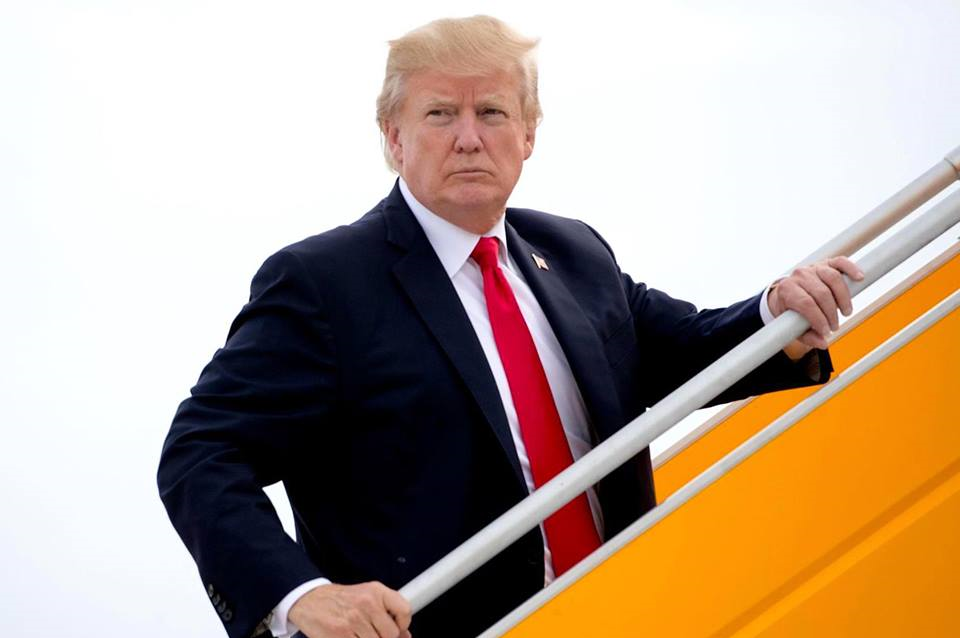
BILLINGS, Mont. — President Donald Trump’s administration announced Friday that it won’t require mining companies to prove they have the financial wherewithal to clean up their pollution, despite an industry legacy of abandoned mines that have fouled waterways across the U.S.
The move came after mining groups and Western-state Republicans pushed back against a proposal under former President Barack Obama to make companies set aside money for future cleanup costs.
U.S. Environmental Protection Agency Administrator Scott Pruitt said modern mining practices and state and federal rules already in place adequately address the risks from mines that are still operating.
Requiring more from mining companies was unnecessary, Pruitt said, and “would impose an undue burden on this important sector of the American economy and rural America, where most of these jobs are based.”
The U.S. mining industry has a long history of abandoning contaminated sites and leaving taxpayers to foot the bill for cleanups. Thousands of shuttered mines leak contaminated water into rivers, streams and other waterways, including hundreds of cases in which the EPA has intervened, sometimes at huge expense.
The EPA spent $1.1 billion on cleanup work at abandoned hard-rock mining and processing sites across the U.S. from 2010 to 2014.
Since 1980, at least 52 mines and mine processing sites using modern techniques had spills or other releases of pollution, according to documents released by the EPA last year.
In 2015, an EPA cleanup team accidentally triggered a 3-million gallon spill of contaminated water from Colorado’s inactive Gold King mine, tainting rivers in three states with heavy metals including arsenic and lead.
The Obama-era rule was issued last December under court order after environmental groups sued the government to enforce a long-ignored provision in the 1980 federal Superfund law.
“It’s galling to see the Trump administration side with industry polluters over the America taxpayer,” said Bonnie Gestring with Earthworks, one of the plaintiffs in the case.
“We’ll see them back in court,” she added.
The proposal applied to hard-rock mining, which includes precious metals, copper, iron, lead and other ores. Coal mines already were required to provide assurances that they’ll pay for cleanups under a 1977 federal law
Hard-rock mining companies would have faced a combined $7.1 billion financial obligation under the dropped rule, costing them up to $171 million annually to set aside sufficient funds to pay for future cleanups, according to an EPA analysis.
The mining industry and members of Congress from Western states welcomed Friday’s announcement.
National Mining Association President Hal Quinn said the Obama proposal resulted from environmentalists using litigation to force the government into what he said was an unnecessary rule.
“Today’s action shows that reason can prevail,” Quinn said.
Hard-rock mines in the U.S. produced about $26.6 billion worth of metals in 2015, according to the association. Of those mines, the EPA had said 221 would be subject to the dropped rule.